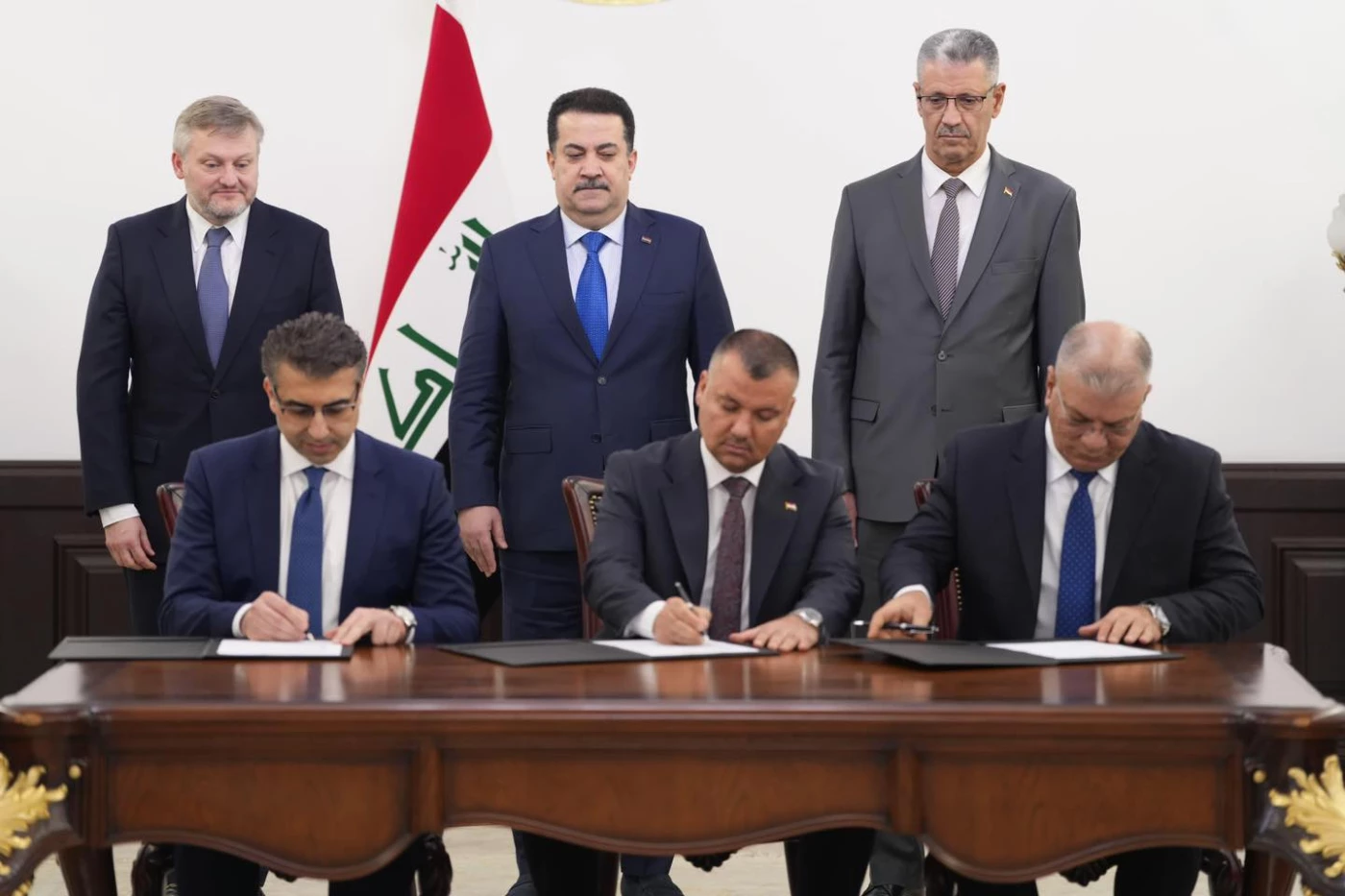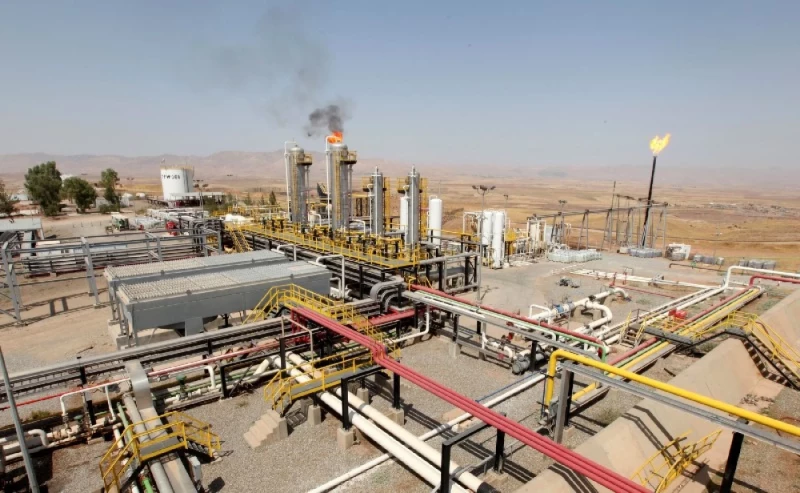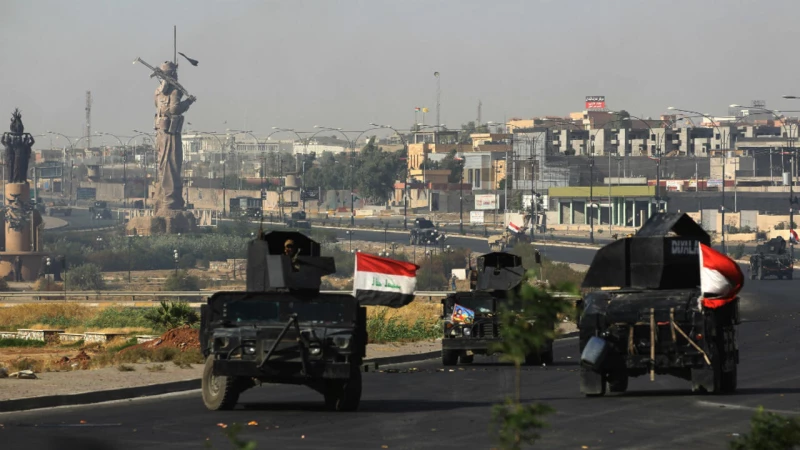ERBIL, Kurdistan Region of Iraq - Iraqi Prime Minister Mohammed Shia’ al-Sudani on Wednesday presided over the signing ceremony of a key contract between Iraq’s oil ministry and British BP to rehabilitate four oilfields in Kirkuk.
The four oilfields named in the contract include the Baba and Avanah domes of the Kirkuk oilfield and three adjacent fields - Bai Hassan, Jambur, and Khabbaz, currently operated by the Iraqi government’s North Oil Company.
The deal entails the rehabilitation of existing facilities where required, the construction of new facilities, including gas expansion projects, and a drilling program at the Kirkuk fields, offering the potential to stabilize production and reverse decline, restoring production levels from the salient oilfield to a positive trajectory.
"The contract includes the rehabilitation and development of the four fields to enhance hydrocarbon reserves and increase crude oil production rates to reach a peak production rate of 420,000 barrels per day,” read a statement by the Iraqi Prime Minister’s media office.
The signing of the contract comes after the two sides signed an initial draft of the contract two weeks ago, which was preceded by the signing of a Memorandum of Understanding (MoU) with BP during Sudani’s visit to the UK in mid-January.
Kirkuk is known for its vast natural resources and oil-rich fields, with BP estimating that wider resource opportunity across the contract and surrounding area includes up to 20 billion barrels of oil equivalent.
The contract is also designed to "invest in associated gas by rehabilitating and expanding the facilities of the North Gas Company to produce (400) million standard cubic feet per day and constructing a power plant with a capacity of 400 megawatts."
The project will contribute to "stopping the continuous flaring of associated gas from crude oil production by optimally utilizing it and providing the fuel needed for power plants.”
Iraq has planned to eliminate gas flaring by 2028, emphasizing sustainable resource use and environmental responsibility.
Gas flaring, a practice where natural gas is burned off during oil extraction, has drawn criticism for its environmental impact and waste of valuable resources.
Despite producing 3.1 billion cubic feet of natural gas daily, Iraq continues to flare a substantial portion due to inadequate processing infrastructure.
The Iraq-BP contract will also result in job growth in the petroleum engineering sector and other related fields.
Iraq has been looking for ways to increase oil production and sales from the city, notably through attempts at reviving the Kirkuk-Baniyas pipelines to increase the daily export of its oil.
Since taking office, Sudani has focused on projects that aim to expand domestic oil refining, reduce imports of oil derivatives, and create new industries to support long-term economic stability. He emphasized that Iraqi expertise has been instrumental in developing refinery units, previously a domain dominated by foreign companies.



 Facebook
Facebook
 LinkedIn
LinkedIn
 Telegram
Telegram
 X
X


